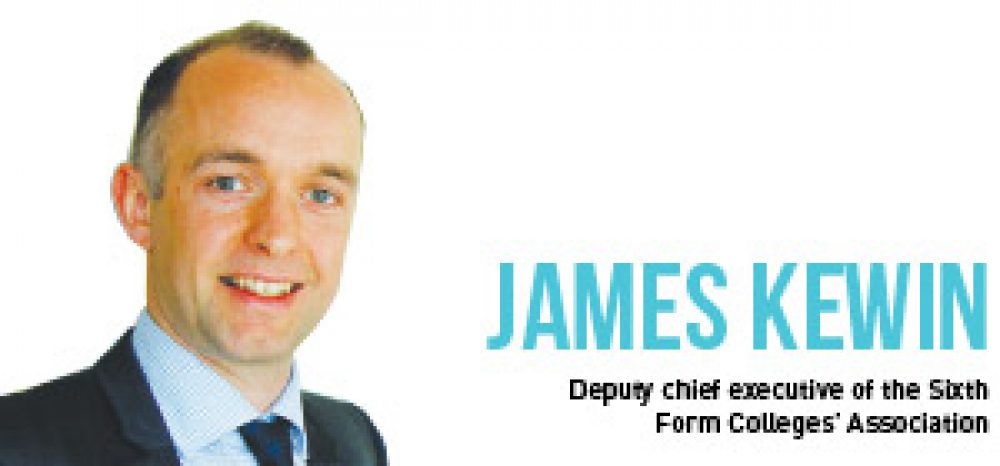The new ‘toughened up’ Ofsted inspection regime looked likely to make 2012/13 an unhappy year for sixth form colleges, but the general result was an improvement in grades, says James Kewin.
It is fair to say that the introduction of the new common inspection framework (CIF) in September last year was greeted with a degree of trepidation by many in the sixth form college sector.
The previous academic year had been a bruising one in inspection terms.
The more risk-based approach to selecting providers for inspection had seen just one of the 13 colleges inspected receive an improved grade for overall effectiveness and 10 receive a lower grade.
These figures, combined with the increasingly bellicose rhetoric from Her Majesty’s Chief Inspector and some of the significant changes to the new CIF — particularly the move to limited notice inspections — left many sixth form colleges hoping 2012/13 would not be the year inspectors called.
But call they did, and in significant numbers. Of the 93 sixth form colleges in England, no fewer than 30 were inspected.
Interestingly, the inspection performance of the sector improved markedly under what Ofsted itself described as a tougher, more rigorous CIF.
A total of 10 sixth form colleges received an improved grade for overall effectiveness and two were judged to be outstanding, while three of the colleges previously judged as inadequate received an improved grade for overall effectiveness.
How can the improved inspection performance of the sector be explained?
Well, in some respects the approach of inspection teams and their interpretation of the new CIF were as significant as the CIF itself.
For example, the Sixth Form Colleges’ Association (SFCA) has long campaigned for inspectors to stop using a separate success rate benchmark for sixth form colleges.
This benchmark is higher than that used for other colleges and is based on a misguided assumption about the prior attainment profile of students that attend sixth form colleges.
Some of the more inexplicable inspection grades awarded during 2011/12 can be largely explained by this practice. In 2012/13 this was much less widespread and on the whole, inspection teams were more willing to take ‘all college’ and sixth form college national averages into account.
The greater emphasis on teaching and learning has seen an increase in lesson observations and learning walks under the new CIF. This has helped to change the perception that inspection judgements were entirely data-driven.
In some sixth form colleges, there was a clear sense that what was observed in the classroom, and the general ‘direction of travel’ being taken by the institution was a bigger factor in arriving at the final judgement.
Despite initial misgivings over the limited notice regime, some colleges found having less time to prepare resulted in less anxiety among staff and a more effective performance.
But concerns remain. The approach of inspection teams, and in particular their use of data, can still vary dramatically.
The inspections of outstanding sixth form colleges this year have in some cases been conducted harshly. And inspection teams have been largely uninterested in the work sixth form colleges are doing to support schools, academies or other colleges.
More attention and more credit should be given to colleges that are attempting to drive up standards and improve outcomes for learners in other institutions.
Staff and leadership teams in sixth form colleges should be applauded for their flexible and effective response to the introduction of the new CIF.
At a national level, Ofsted should also be credited for listening to, and acting on, some of the concerns expressed by the SFCA and its members. Looking ahead, we are encouraged by plans to consult on the introduction of a separate grade for school sixth forms and the roll-out of focussed improvement support for colleges with an Ofsted grade three or four inspection result.
Ofsted can help the sector to build on the progress made over the next 12 months by ensuring that their inspection judgements are fair, consistent and transparent.









Your thoughts